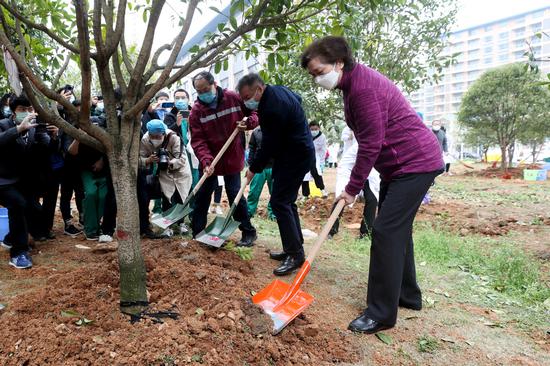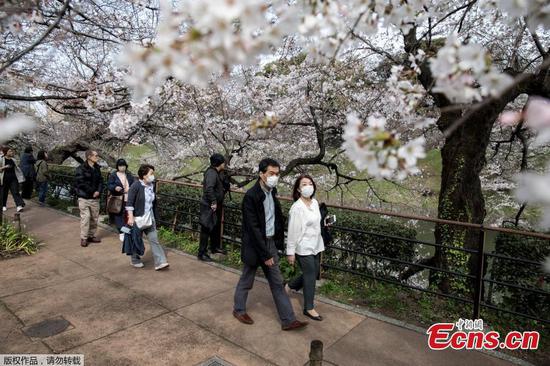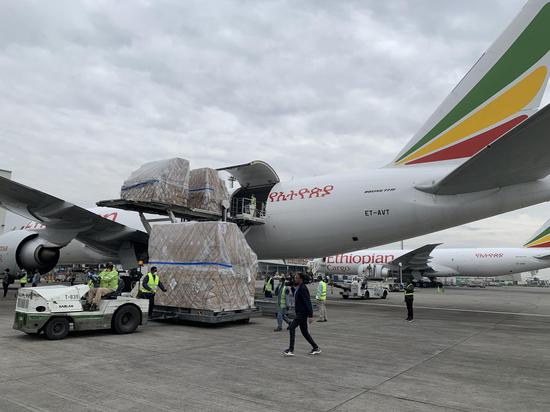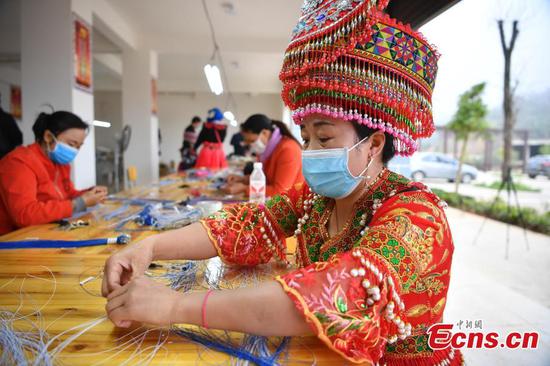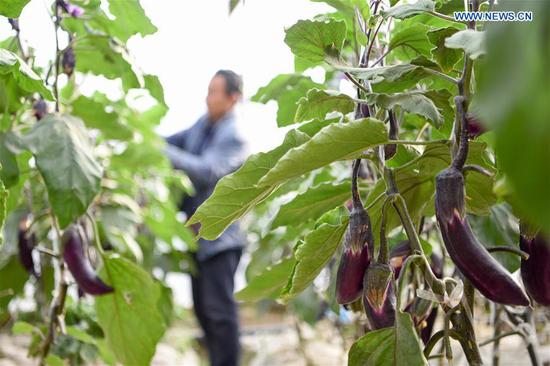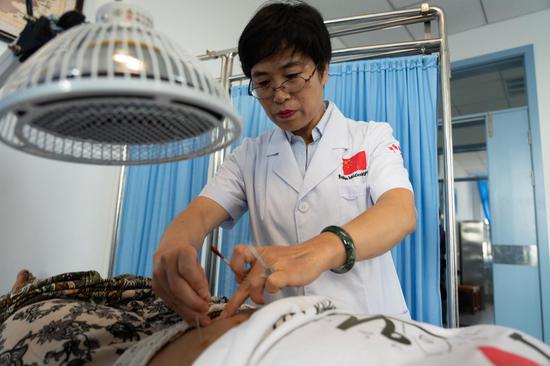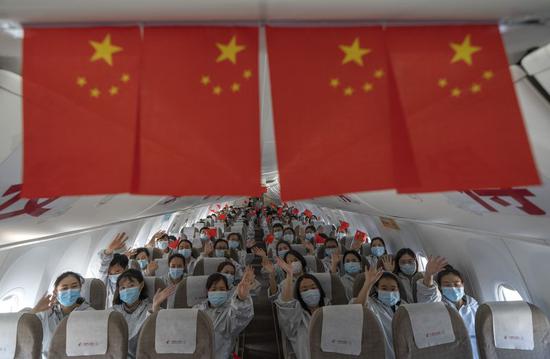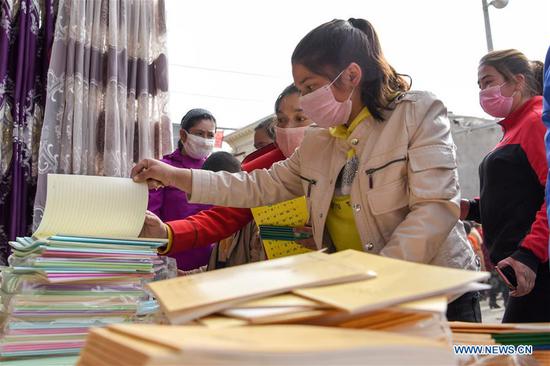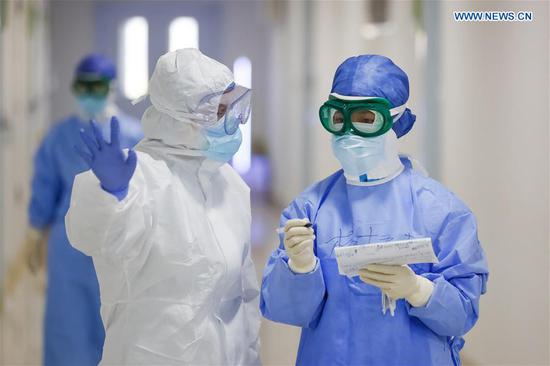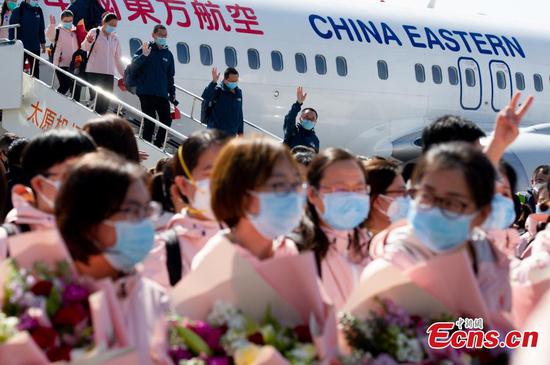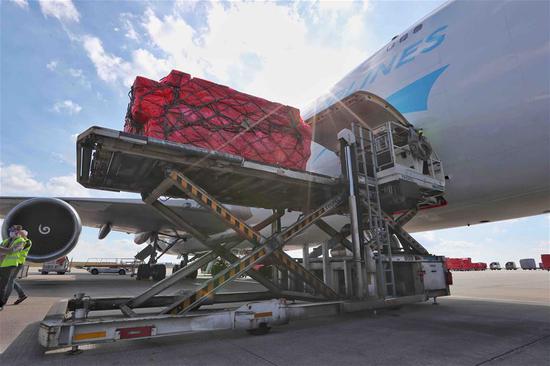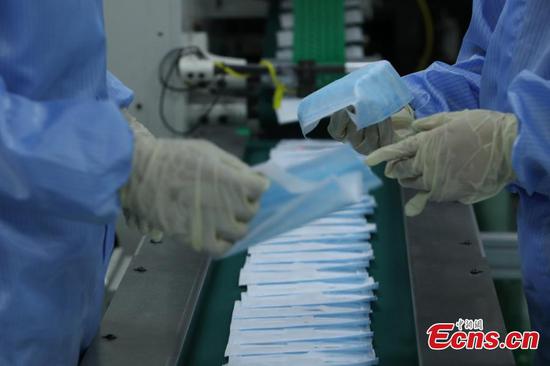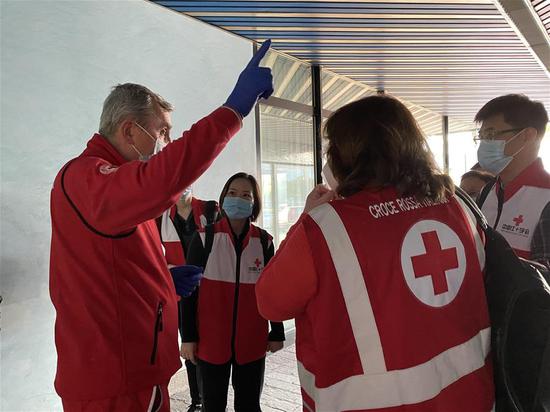Beijing and Washington are "in the same boat" and should combat the coronavirus together, Chinese Ambassador to the United States Cui Tiankai has said here.
The outbreak of COVID-19 is a global public health challenge, Cui on Tuesday told U.S. news website AXIOS and documentary news program HBO, according to a transcript released by the Chinese Embassy in Washington D.C.
"We are really in the same boat," Cui said. "So we have to work together as partners to combat the virus, to restore the normal situation to the economy, to build up people's confidence about the global economy, (and) to build up a capability to respond to any crises like this."
The Chinese diplomat expressed his gratitude for American people's support and help with China's fight against the coronavirus.
China is ready to work with other countries to tackle this global challenge and is prepared to do whatever it can to help others, Cui said.
When asked about some U.S. politicians calling COVID-19 a "Chinese virus," Cui said that the World Health Organization (WHO) has certain diseases naming practice to minimize adverse effects on nations and people.
"So hopefully everybody will follow the WHO rule," he added.
It is essential to trace the origin of the coronavirus, "but this is a job for the scientists to do, not for diplomats, not for journalists to speculate," the ambassador said, emphasizing such speculation is very harmful and unhelpful.
China-U.S. relations are at a critical juncture, he cautioned, saying that the two countries have to make the right choice for the future of their ties.
"Actually, we have no alternative than cooperation with each other," he continued.
Cui also expressed his concern about the rapid increase of confirmed COVID-19 cases in the United States and said "because the United States is very strong in medical capability, in technology, hopefully you'll make best use of all these, all your strength and contain and control the virus very timely."
Confirmed cases and fatalities in the United States have reached 33,276 and 417, respectively, according to the latest data from Johns Hopkins University updated Sunday at 6:43 p.m. ET (2243 GMT).










